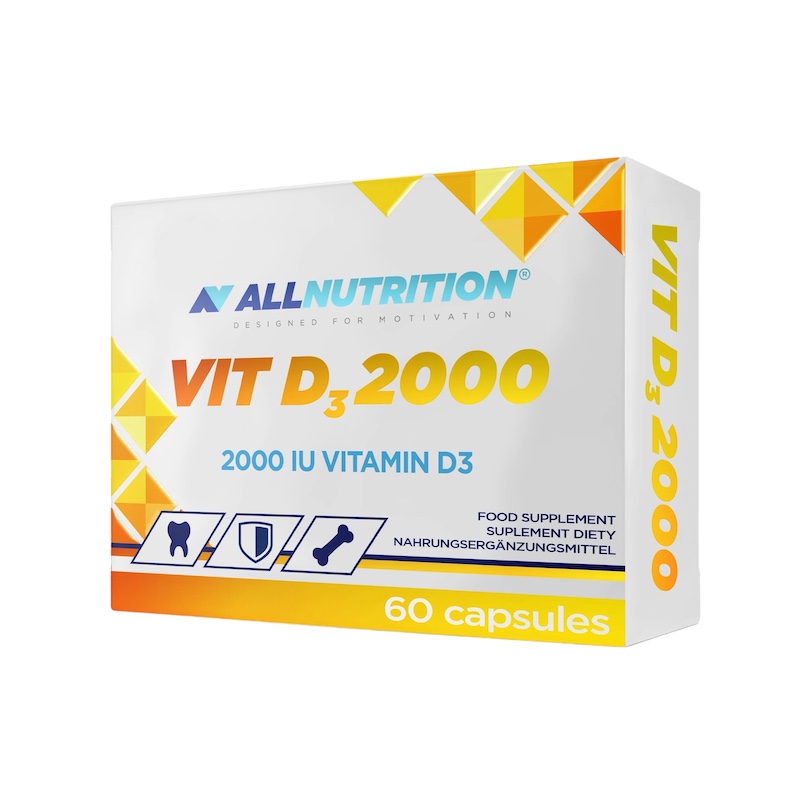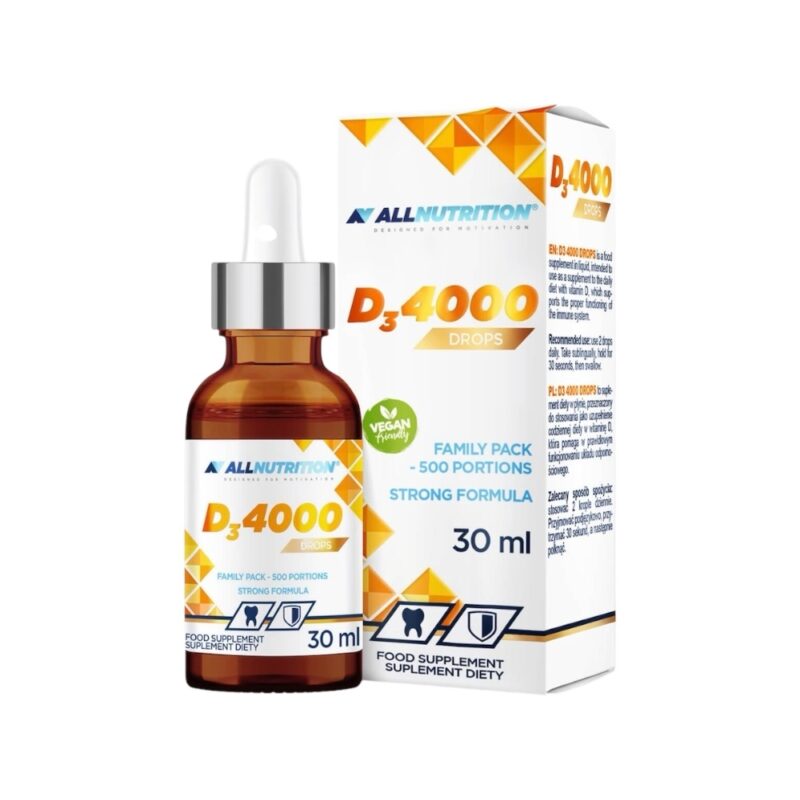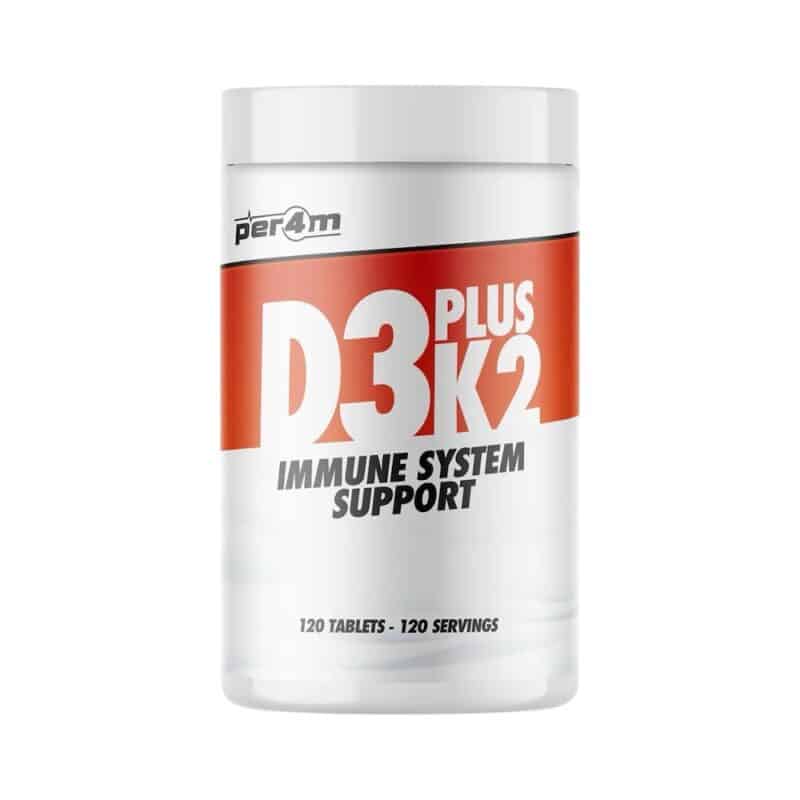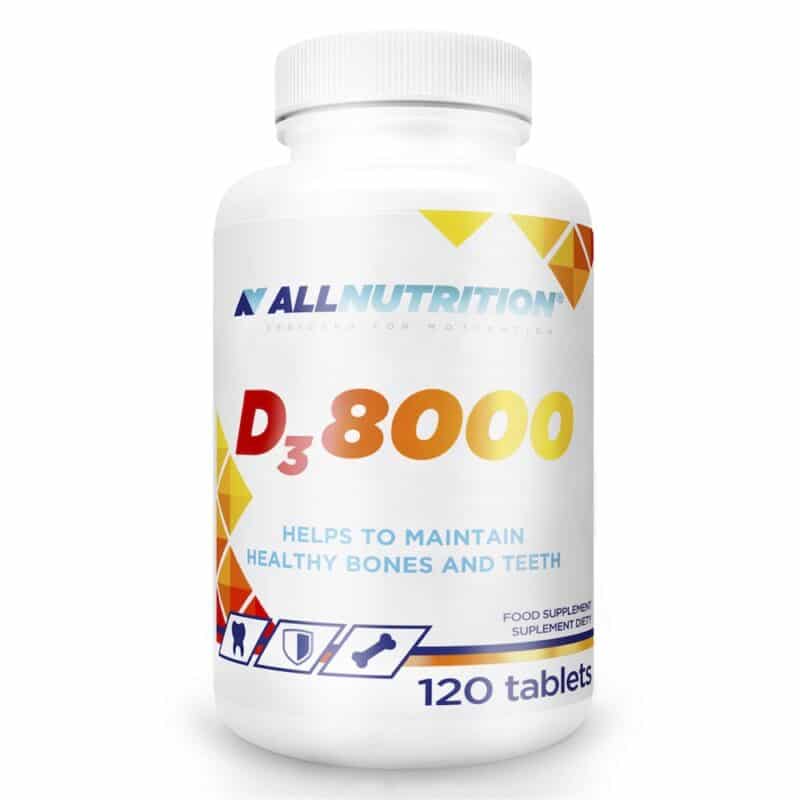In an era where maintaining optimal health is more crucial than ever, Vitamin D3 emerges as a vital nutrient for boosting immunity, enhancing energy levels, and promoting overall well-being. As a seasoned expert in nutritional science, I understand the common challenges many face in securing adequate Vitamin D3, whether through diet, sunlight, or supplementation.
This comprehensive guide explores the best sources of Vitamin D3, the science behind its immune-supporting properties, its role in boosting daily energy, and its profound impact on mental health.
Additionally, practical strategies are provided to help you maintain optimal Vitamin D3 levels throughout the year, ensuring you can confidently navigate your path to better health and vitality.
- Vitamin D3 and Immune Support: Building Your Body’s Defences
- Boosting Energy Levels Naturally with Vitamin D3
- Vitamin D3 for Mental Well-Being: Enhancing Mood and Cognitive Function
- Practical Strategies to Maintain Optimal Vitamin D3 Levels Year-Round
Vitamin D3 and Immune Support: Building Your Body’s Defences
Vitamin D3 plays a pivotal role in enhancing your immune function. Research has shown that adequate levels of Vitamin D3 can significantly reduce the risk of respiratory infections by modulating the body’s immune response. Studies, including those published in the Journal of Investigative Medicine, demonstrate that Vitamin D3 supplementation boosts the production of antimicrobial peptides, which are crucial in defending against pathogens.
Specific immune cells influenced by Vitamin D3 include T cells and macrophages. Vitamin D3 enhances the ability of these cells to detect and eliminate harmful invaders more effectively. By promoting the maturation of regulatory T cells, Vitamin D3 helps in maintaining immune system balance, preventing overreactions that can lead to autoimmune conditions.
- Enhances the production of antimicrobial peptides
- Boosts the activity of T cells and macrophages
- Supports the regulation of inflammatory responses
- Reduces the risk of chronic inflammatory diseases
Boosting Energy Levels Naturally with Vitamin D3
Feeling constantly drained can take a toll on daily life. Maintaining optimal D3 levels is crucial for energy metabolism, ensuring the body effectively transforms nutrients into the energy needed to stay active and alert.
Take Sam’s journey: After addressing a D3 deficiency, there was a noticeable improvement in energy levels, enabling more productive days and enhanced overall vitality.
- Energy Production: D3 supports the biochemical pathways that generate energy within cells.
- Mood Enhancement: Adequate D3 can contribute to a better mood and mental clarity.
- Physical Endurance: Higher energy availability leads to improved performance during physical activities.
Imagine a simple infographic that breaks down how D3 interacts with the body to increase energy, highlighting key processes in the energy-boosting journey.
Vitamin D3 for Mental Well-Being: Enhancing Mood and Cognitive Function
Vitamin D3 is a game-changer when it comes to mental well-being. It plays a crucial role in mood regulation and can significantly influence your mental health. Recent studies reveal that adequate levels of Vitamin D3 are linked to lower incidences of depression and anxiety, making it a vital component for maintaining a positive outlook and emotional stability.
Research has shown that Vitamin D3 enhances cognitive function, including memory, attention, and processing speed. For instance, a study published in the Journal of Clinical Endocrinology & Metabolism found that individuals with sufficient Vitamin D3 levels performed better on cognitive tests compared to those with deficiencies. To reap these mental benefits, try integrating Vitamin D3 into your daily routine through sunlight exposure, consuming fortified foods, or taking high-quality supplements. Small changes, like a morning walk or adding fortified cereals to your breakfast, can make a significant difference in your energy levels and overall well-being.
Practical Strategies to Maintain Optimal Vitamin D3 Levels Year-Round
Adopting consistent lifestyle habits can make maintaining optimal Vitamin D3 levels effortless. Consider setting reminders to take your supplements daily and use a tracking checklist to monitor your dietary sources and outdoor activities. Regularly check your Vitamin D3 levels through blood tests to stay informed and make necessary adjustments. By integrating these strategies, you’ll ensure your body remains fortified against seasonal dips in well-being and energy.
Ultimately, staying proactive about your Vitamin D3 intake not only supports your immune system but also enhances your overall quality of life. Embrace these practical steps to maintain a resilient and vibrant health foundation all year round.
Frequently Asked Questions
What is the recommended daily intake of Vitamin D3?
The recommended daily intake of Vitamin D3 varies by age, lifestyle, and individual health needs. Generally, adults up to 70 years old are advised to take around 600-800 IU (International Units) daily, while those over 70 may require up to 800-1000 IU. It’s best to consult with a healthcare provider to determine the appropriate dosage for your specific situation.
Can I take too much Vitamin D3, and what are the potential risks?
Yes, excessive intake of Vitamin D3 can lead to toxicity, resulting in symptoms such as nausea, vomiting, weakness, and serious complications like kidney damage. It is important to adhere to recommended dosages and consult with a healthcare professional before starting high-dose supplements.
How can I determine if I have a Vitamin D3 deficiency?
Vitamin D3 deficiency can be identified through symptoms such as fatigue, bone pain, muscle weakness, and mood changes. The most accurate way to determine a deficiency is through a blood test that measures the level of 25-hydroxyvitamin D. If you suspect a deficiency, consult with your healthcare provider for appropriate testing and guidance.
Are there any interactions between Vitamin D3 supplements and medications?
Vitamin D3 supplements can interact with certain medications, including corticosteroids, weight-loss drugs, and some cholesterol-lowering medications. These interactions may affect how your body absorbs or responds to Vitamin D3. It is important to discuss all supplements and medications with your healthcare provider to avoid potential interactions.
Is it better to get Vitamin D3 from sunlight or supplements?
Both sunlight and supplements are effective ways to maintain adequate Vitamin D3 levels. Sunlight exposure allows your body to produce Vitamin D3 naturally, but factors like geographic location, skin type, and lifestyle can limit this method. Supplements provide a reliable alternative, especially during months with limited sunlight. Combining both approaches can help ensure optimal Vitamin D3 levels.





